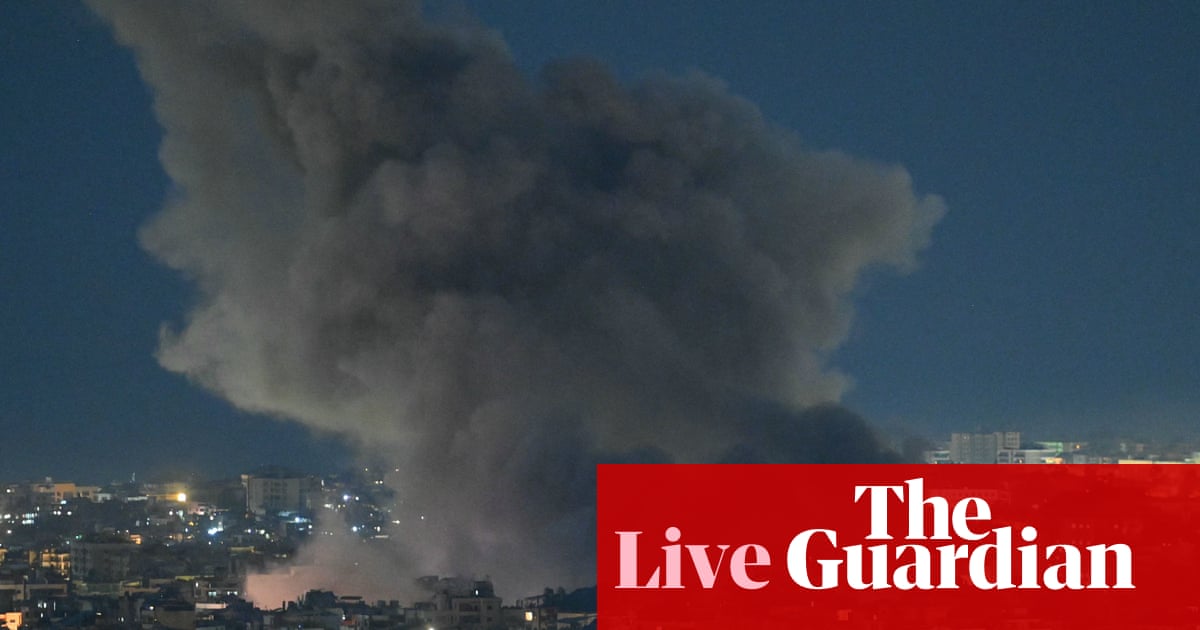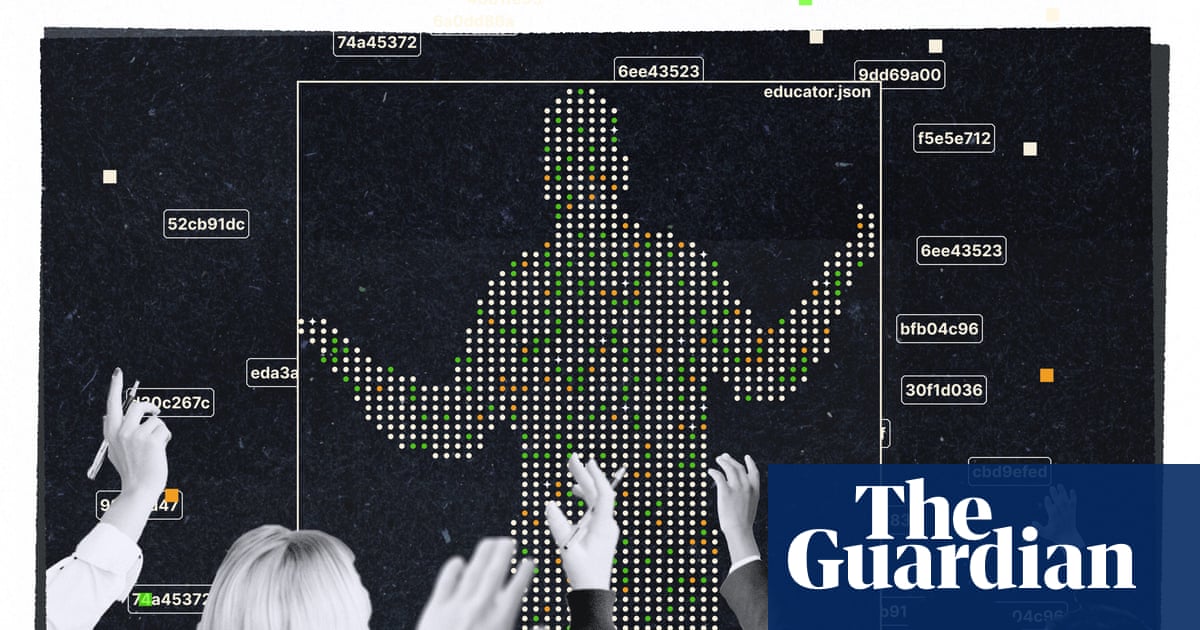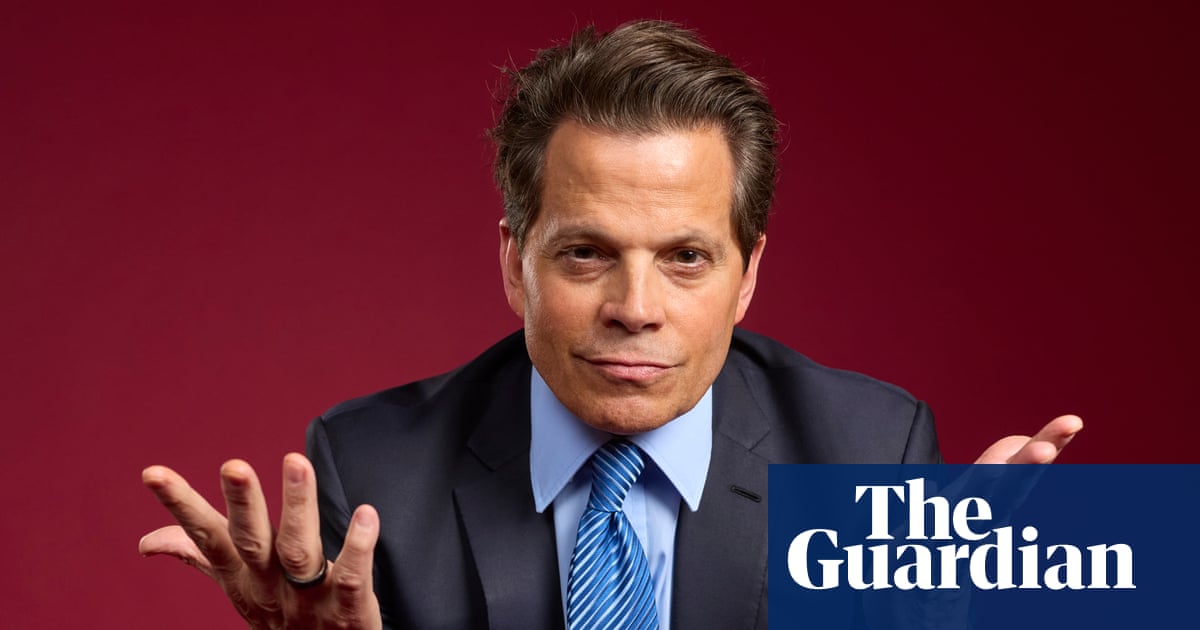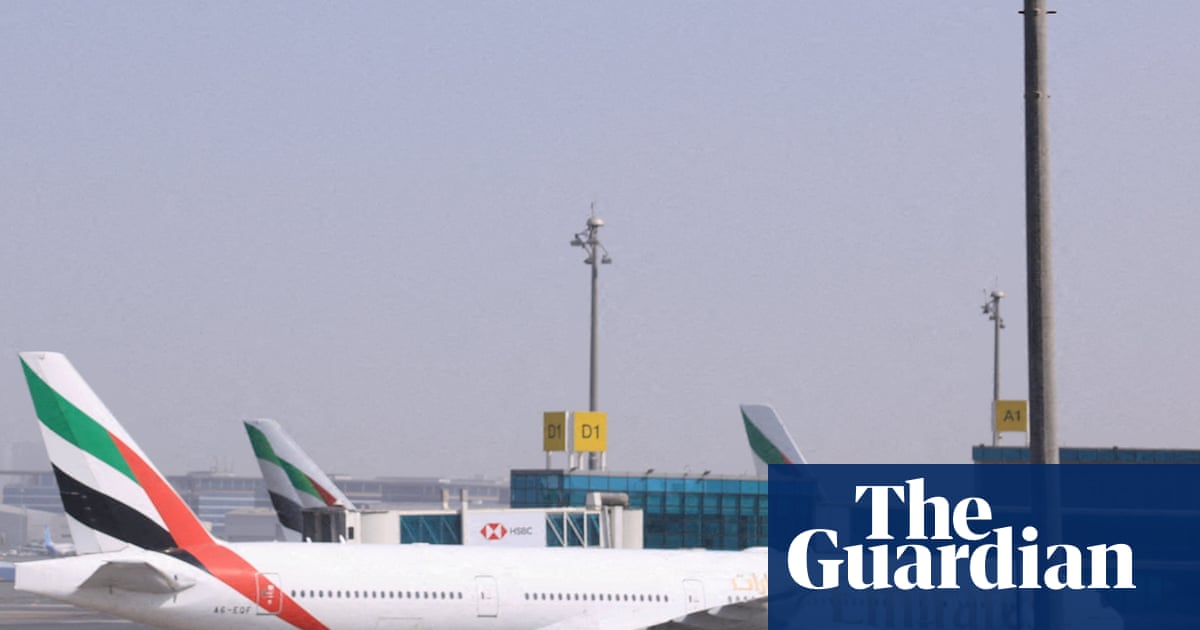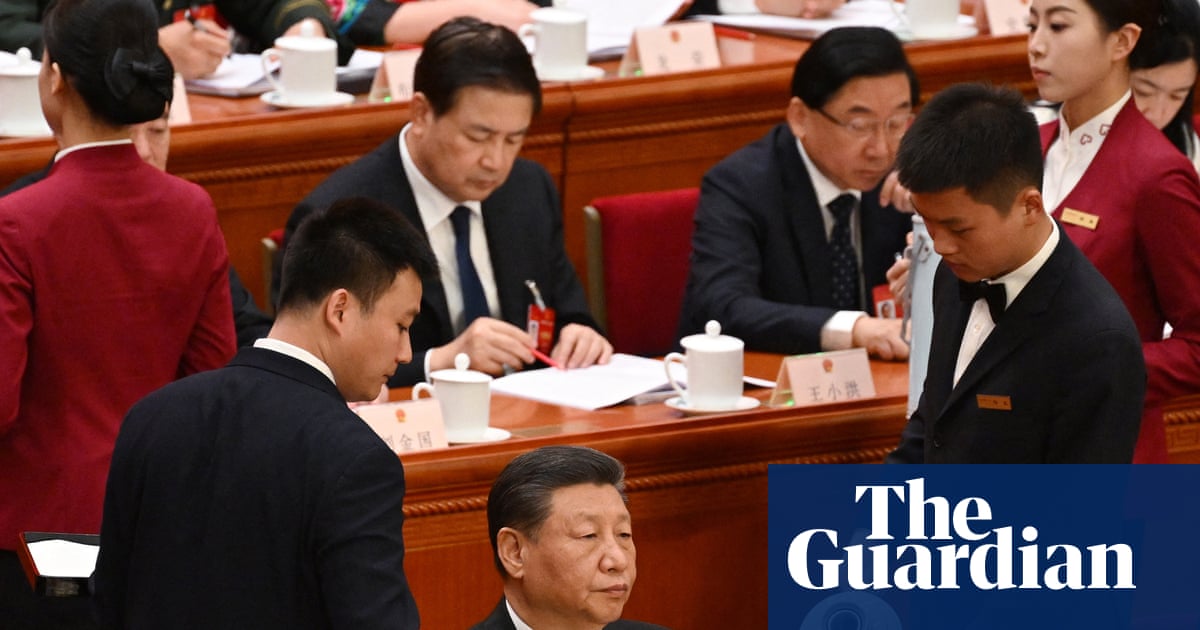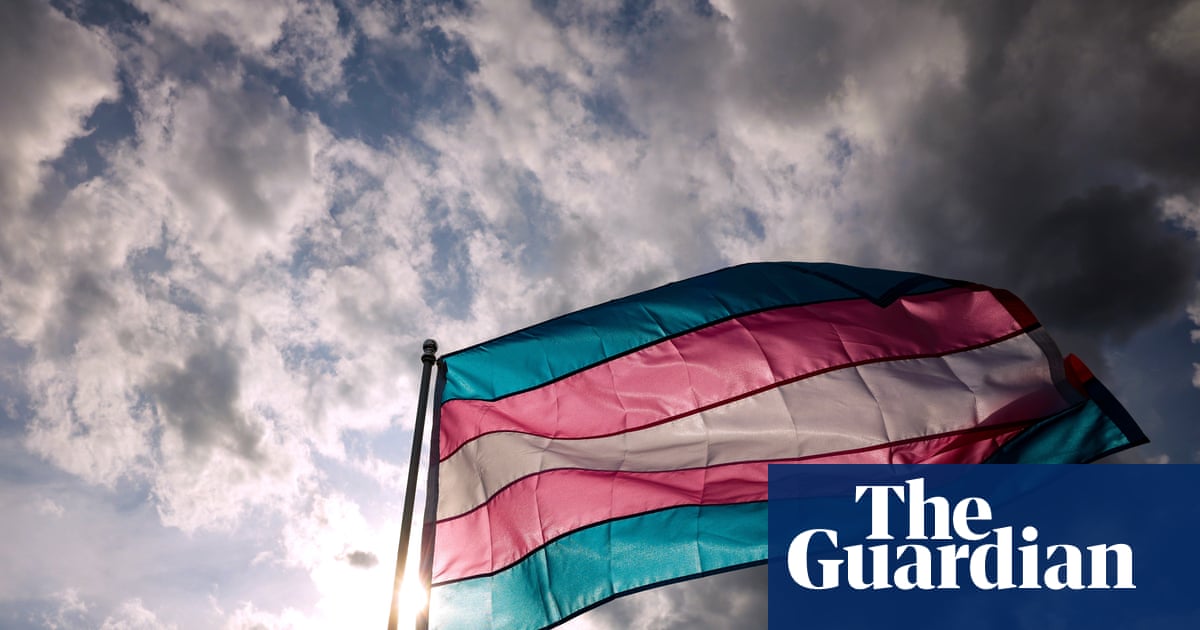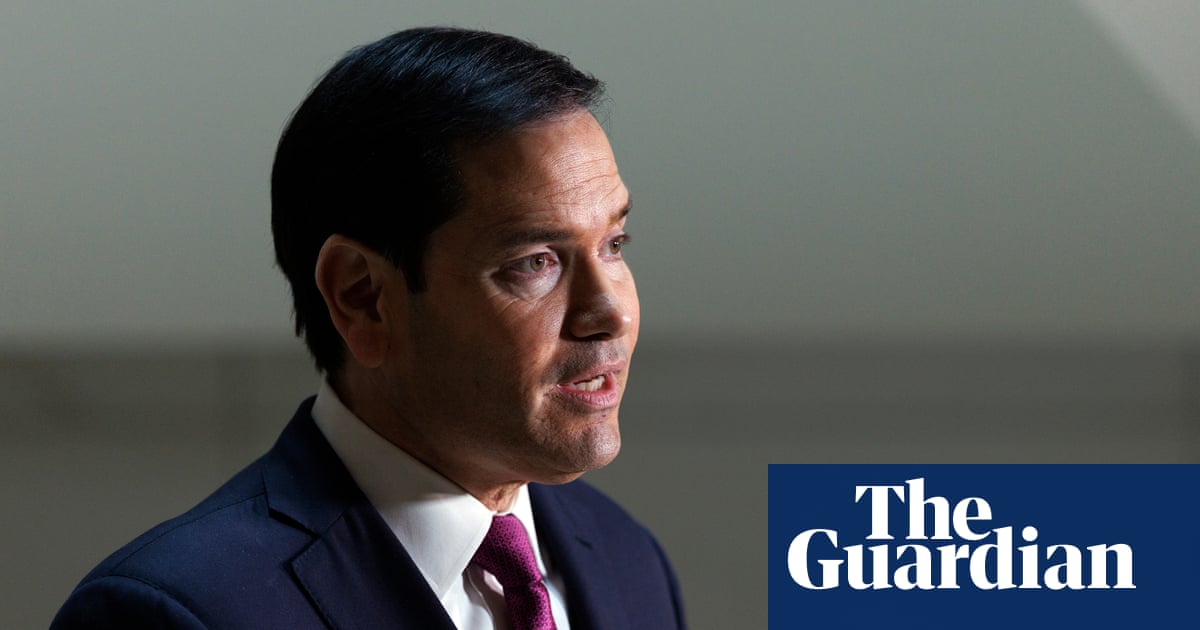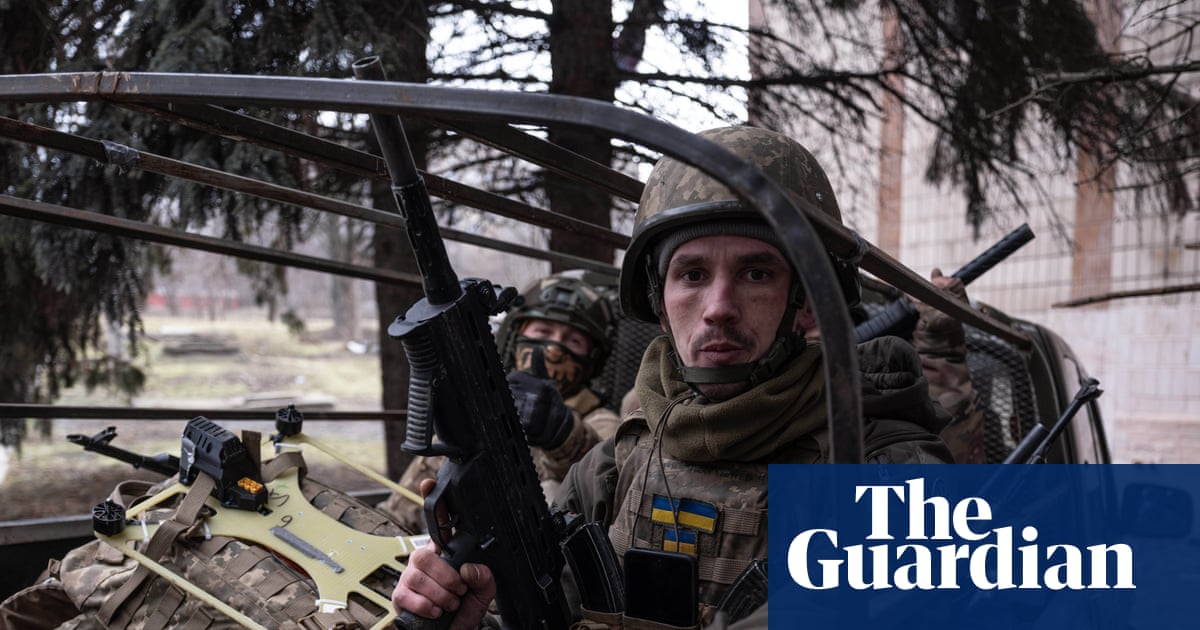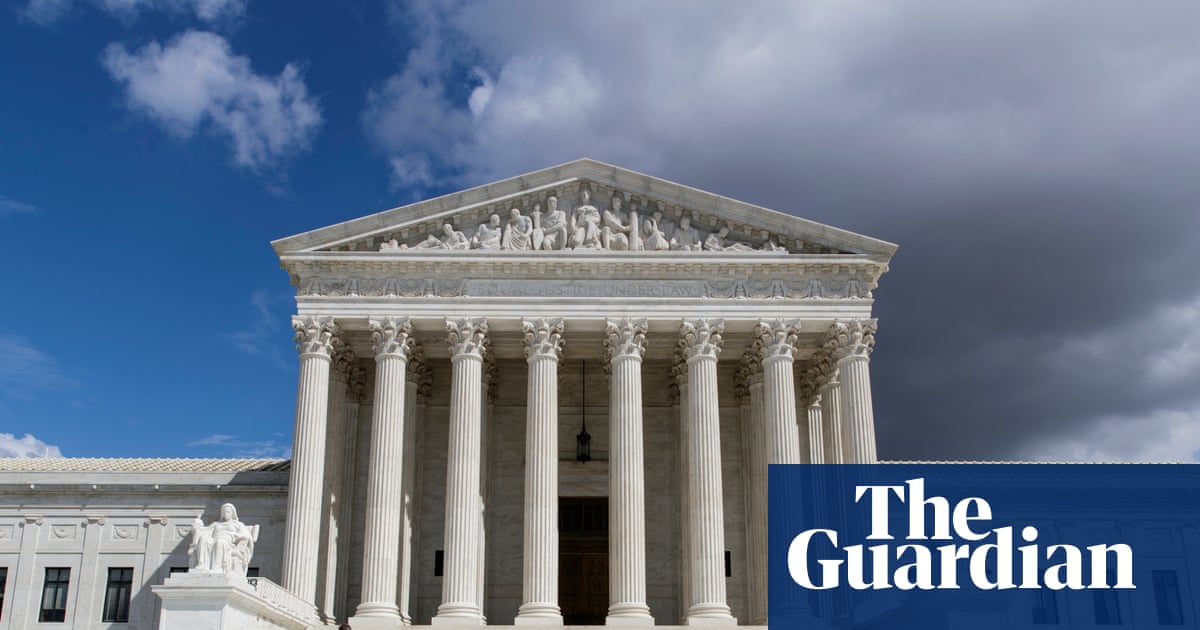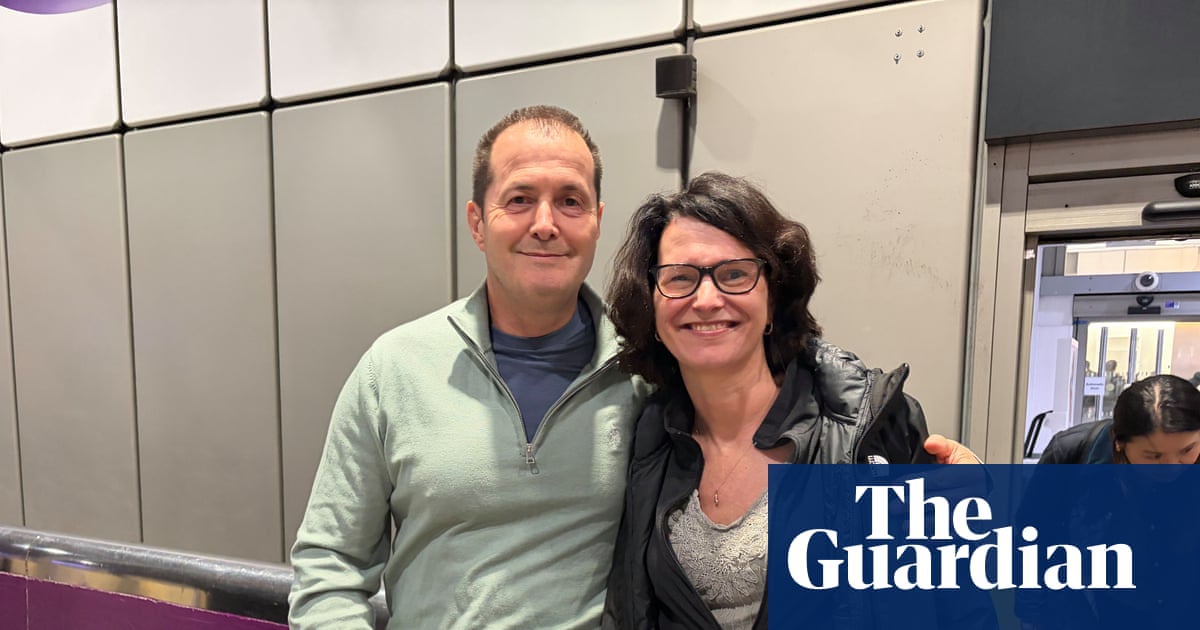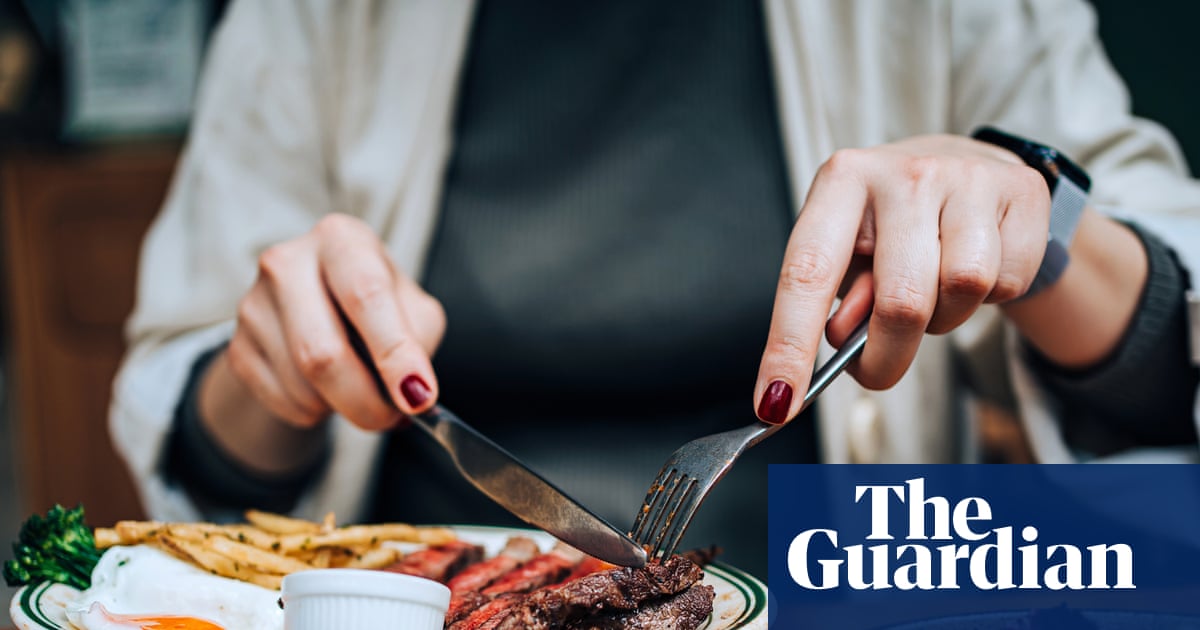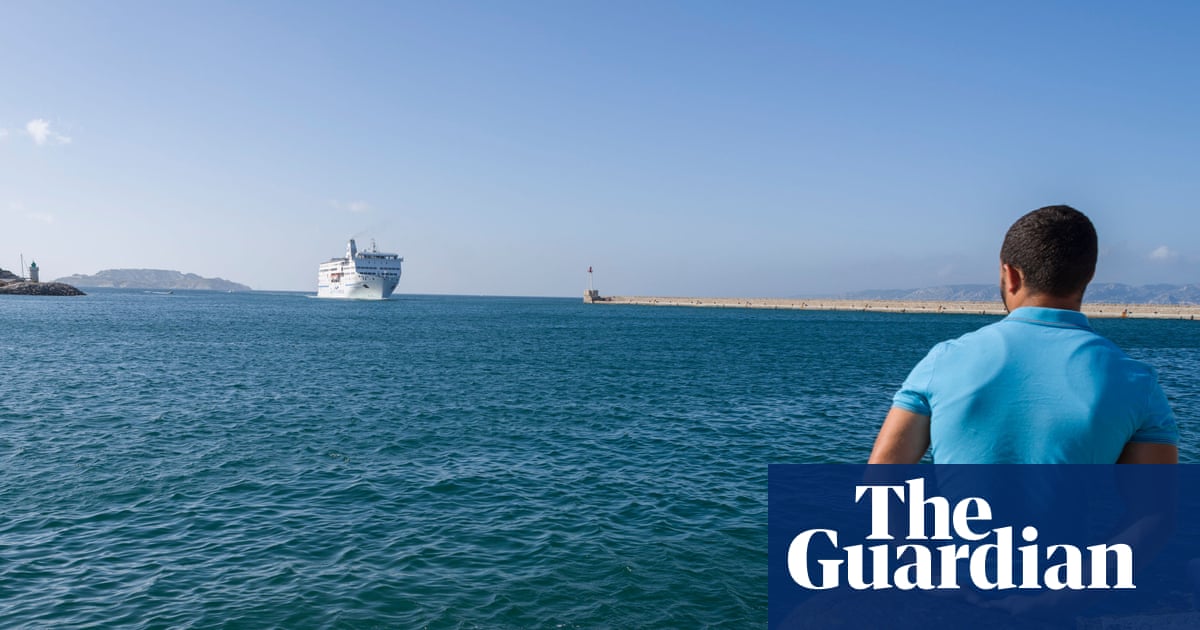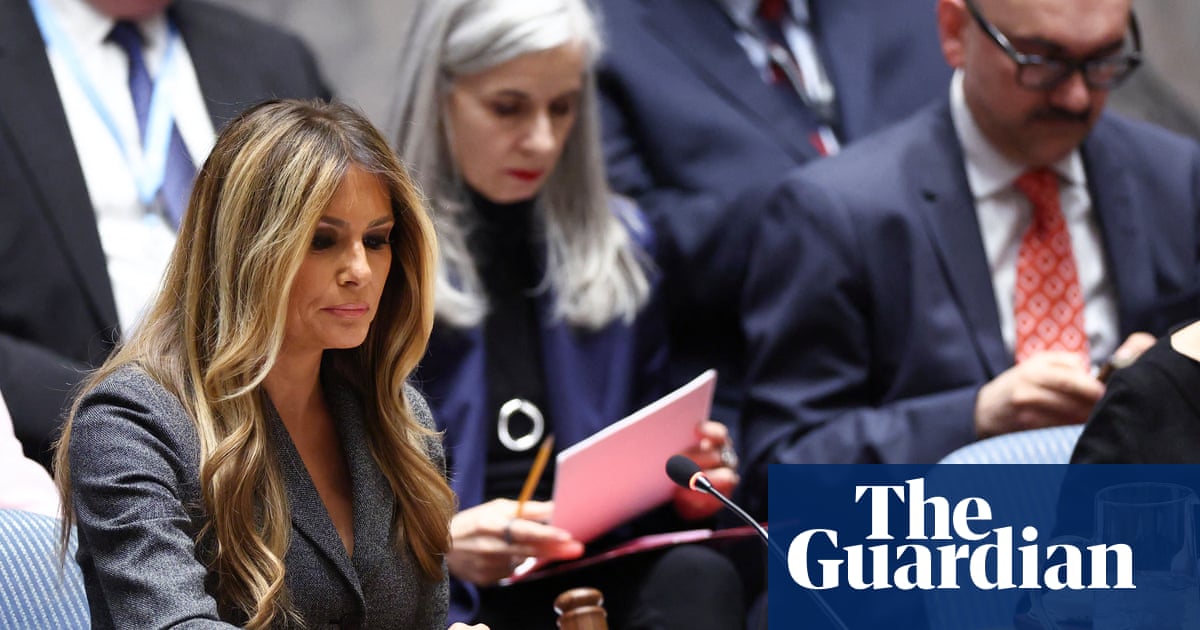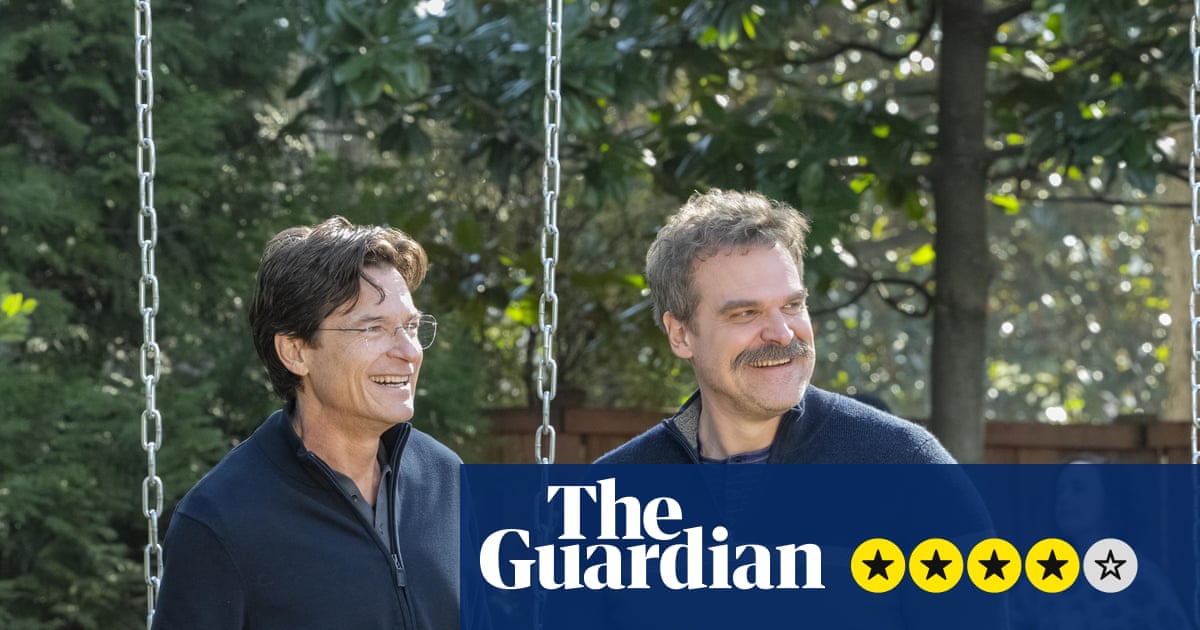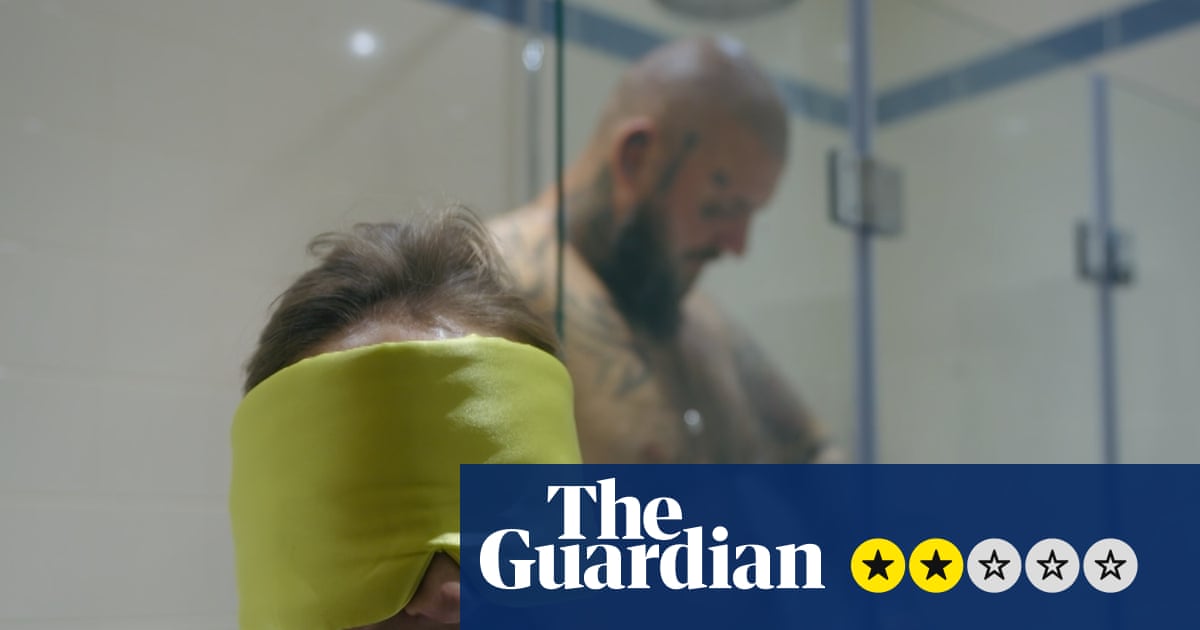We figured we would spend only a few days out of the country. We figured that within a week of publishing, some other matter would distract the Salvadoran government. We would weigh the risks of returning and would then go back. We left with carry-on bags: no one was carrying more than 10 pairs of underwear.
We had invented a routine for these situations, which had worked out fine so many times before: “preventive departure”. One of us, for the first time, mentioned that the government would make us pay dearly. But we kept repeating “preventive departure”. We kept repeating it a week later, two weeks later, a month after we could not return.
The reason for our preventive departure was a series of videos our newspaper, El Faro, was about to publish. The first instalment – titled Charli’s Confessions: Interview with a Gang Leader on His Secret Pacts with Nayib Bukele – was published in early May. By then, the journalists who had done the interviews were in different locations: New York, Mexico City, Guatemala City, Los Angeles.
In El Salvador, the popular dictator Nayib Bukele is the king of social media. Thumbs up, hearts, comments and views are the currency of his kingdom. His most watched video on YouTube, about the Cecot megaprison – the only Salvadoran prison that Bukele wants the world to see – has racked up more than 4m views in two years. The second most-viewed video on his channel, titled “Why did we destroy the gravestones of gang members?”, has reached more than 3m views in the same span. For the leader of a country like El Salvador, with a population of only about 6 million people, those numbers are huge. And that is just on his channel. Across social media, Bukele is a brand.
The first video was an interview with two gang members who had escaped the country with the Bukele government’s help. They described the details of a pact with the dictator’s inner circle that had lasted more than eight years. Within 24 hours, the video surpassed 326,000 views. Two months later, the three instalments of the interview series had reached 2m views on YouTube. On the newspaper’s other social media accounts, excerpts from the interview were viewed more than 15m times.
Over the course of the three episodes, 93 minutes in total, revelations by the leaders from the 18th Street Revolucionarios destroyed the image of Bukele as the arch-enemy of the gangs. Bukele’s party, they said, had paid the gangs $250,000 to help get him elected mayor of the capital (where he served from 2015 to 2018), back when he was still claiming to be a leftist. The pact continued once he became president and included loopholes that allowed gang members to continue extorting and murdering without fear of punishment. The gang members also said the Bukele government had ultimately helped both of them escape the country. (Bukele has publicly denied such allegations and has not been charged.)
Abundant evidence previously published by El Faro lent credibility to the gang members’ claims, but in these times, an intelligence document with official stamps and signatures or pictures from prison security cameras have less weight than a famous fugitive gang leader saying it himself on camera. Many people want reality to be revealed to them like in a Netflix series.
Social media is Bukele’s kingdom – he gives orders to his ministers via X, announces his most important political decisions on Facebook Live. The videos of gang members’ confessions conquered that kingdom for several days, just over a month after Bukele had received more than 200 Venezuelans sent by Donald Trump to his mega-prison. Bukele, at Trump’s side, had wanted to be seen as the criminals’ nemesis. In the El Faro videos he was shown as the gang members’ political partner.
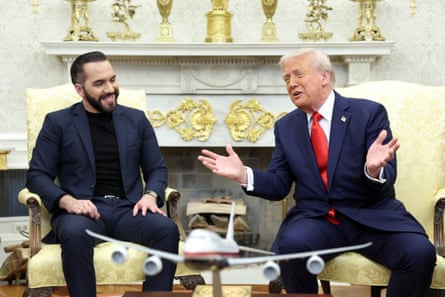
Just three hours after publication, the director of Bukele’s State Intelligence Agency, Peter Dumas, posted on X that we were guilty of several crimes “linked to gangs, drug trafficking, sexual abuse, human trafficking … You can’t hide for ever behind the invisible shield of ‘journalism.’” That same night, a source with detailed internal knowledge warned us that the attorney general’s office was preparing at least seven arrest warrants against members of the El Faro newsroom for crimes related to gangs. Since March 2022, when Bukele declared emergency measures to crack down on gangs, and imposed the “state of exception”, due process has been suspended for anyone accused of gang membership: trials are secret, judges are faceless, there can be a single trial for up to 900 defendants, preventive detention is unlimited and in many cases the evidence is so flimsy that sometimes they simply say that the detainee was arrested for appearing “nervous”.
It seemed we were facing a fate already suffered by tens of thousands of innocent people among the more than 85,000 arrested under the current regime: not a public and scandalous trial, but rather a life in Bukele’s prisons, where, as we have reported in El Faro, torture is systemic and several people with no criminal record or tattoos of any kind have emerged dead with signs of torture. Often the regime’s forensic doctors sanitise prisoners’ autopsies with the refrain “death by pulmonary edema”, which is barely more specific than saying that someone died because they stopped living.
A few hours after publishing, we all regretted how little we had packed in our suitcases. “We’re screwed,” said a colleague in a virtual meeting, summing up the collective mood. But the plan remained the same. Report what happened, alert international organisations, publicly confront the threats, give interviews about what we discovered, and come back.
The Bukele government resorted to its lowest tactics. Dozens of YouTubers and self-proclaimed “political analysts” accused us of being gang members and demanded our arrest. The dozens of documents published by El Faro, other media outlets and the US government that validated the statements of the two gang members in our interviews no longer mattered. All that mattered was the affront to the king.
On our behalf, a lawyer went to the attorney general’s office to file a formal request for information about allegations against us. The prosecutors had 15 business days to respond. From the moment the letters were written, we suspected that those 15 days, and however many more were needed, would be filled with institutional silence. We were not mistaken.
A week after publication, seven El Faro journalists were still out of the country. “I’ll be back on 14 May, I already have my ticket,” said one, and the rest agreed to try around the same time. But as the weeks passed, we would not return, and dozens of other journalists and human rights activists would join us in leaving the country.
The idea of returning on 14 May was ruled out within days. The same source continued to assure us that we would be arrested upon entering El Salvador, and we had not been able to find a new source to contradict this.
For years now, finding sources in El Salvador has been a thorny endeavour. Bukele has publicly expressed his hatred for El Faro, as well as for other media outlets, and in 2020 he even accused us of money laundering on national television. (The accusation forced El Faro to move its legal status to Costa Rica; the newspaper itself is essentially in exile.) In 2022, we revealed that 22 employees at the newspaper had been hacked with Pegasus spyware between June 2020 and November 2021. “If you find Pegasus, you know that person has been hacked by a government,” said John Scott-Railton, senior researcher at Citizen Lab, the University of Toronto’s cybersecurity lab, which examined our devices and discovered 226 hacks.
Obtaining sources not only became more difficult under Bukele, it also became more expensive. What used to cost us a cup of coffee now involves a whole strategy that, if we are inside the country, includes renting apartments and cars for 24 hours so we can meet people in safe places without being followed; or setting up meetings in foreign cities, if the case is very sensitive and sources only agree to speak outside the country.
Even so, during those days in May, after the publication of the videos, we spoke with several sources, police officers, prosecutors and investigators close to government institutions. They all told us that if there were arrest warrants, only a select few would know about them and that they did not have access to that information.
In El Salvador, the published videos continued to dominate the discussion on social media. Bukele, as he often does, reacted with a gimmick designed to boost his popularity: five days after our publication, on 5 May, he ordered free public transportation for six days throughout the country, claiming that the closure of the important Los Chorros highway warranted it, even though it only affected a small part of the territory.
The first day of free public transportation was chaotic: dozens of Salvadorans hung from the few buses that were running. Those images were splashed across the news, newspapers, and social media. Bukele blamed the transportation companies that decided not to operate because they had no guarantee of payment from the state, apart from a social media post from Bukele. Bukele resorted to his favourite tactic: he ordered the arrest of the owners of these companies. The police and the prosecutor’s office, faithful tools of the dictatorship, captured 13 businessmen in just a few hours, including two who had come to negotiate at Casa Presidencial. One of them, José Roberto Jaco, 64, died in custody five days after his capture. The family declined to give details about his death.

On 12 May, 300 families from the poorest parts of the country who were facing eviction from their homes gathered outside the wall surrounding the luxurious private residential complex where Bukele lives with his family. The families, with signs, children and elderly people, asked Bukele to please prevent the evictions. Bukele sent the military police to break up the demonstration and arrest five community leaders, including an evangelical pastor and an environmental lawyer. Images of children and elderly women crying and begging the military to release their leaders flooded social media once again.
From the publication of interviews with gang members, to the chaos in public transportation, to the military repression of dozens of poor families, Bukele had had a terrible month. His reign on social media had been disrupted, and his flock was no longer looking where he wanted them to look.
A day later, Bukele set the tone from his X account. He said, without providing any evidence, that “humble people” had been “manipulated by self-proclaimed leftist groups and globalist NGOs, whose only real goal is to attack the government.” He would send a Foreign Agents Bill to the legislative assembly to impose a 30% tax on all international donations or payments to organisations or individuals considered by his government to be “foreign agents.” A week later, his assembly passed the law.
We, from the outside, no longer understood anything. We no longer knew how to make sense of this unique maelstrom of repression. Not only did we not know if we were going to be punished for publishing the interviews with the gang members, but we now most likely would also be considered foreign agents and could face fines of between $100,000 and $250,000 – sums of money that no journalist at El Faro possesses. It was the first time since we left the country that one of our colleagues said it loud and clear: “We must not return to El Salvador.”
On 18 May, just after midnight, the newspaper’s group chats began to buzz insistently: “Ruth López has been arrested.” One of the reactions in a chat was naive: “Shit, it can’t be!” A few minutes earlier, police officers had forced anti-corruption lawyer Ruth López out of her home. Once outside, they told her she was under arrest and forced her to change out of her pyjamas on the street. López recorded the audio of the moment on her phone. “Hurry up, put your pants on,” one of the police officers ordered. “Have some decency,” López replied, in a phrase that almost immediately became a slogan among the opposition.
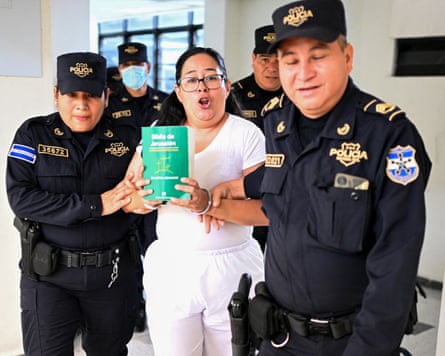
López, who together with her organisation Cristosal has exposed dozens of cases of corruption in Bukele’s government, remains in prison on accusations of corruption while she was an adviser to the supreme electoral tribunal, the country’s highest authority on electoral matters. Her trial remained secret, as did the alleged evidence that the prosecution claims to have.
López’s arrest was interpreted by us and dozens of colleagues as an ultimatum from the regime. Bukele, after a disastrous month, was not willing to tolerate any more affronts. López was one of the most internationally recognised voices speaking out against his regime; in 2024, the BBC listed her as one of the 100 most influential women in the world. In Bukele’s narrative, there are no activists, journalists, cooperatives, or environmentalists. There are opponents. Anyone who does not think like him is lumped together and counted as an enemy.
Several colleagues from other media outlets started to feel as though they should leave. “I’ve published a ton of articles on this government’s corruption. Do you think I should leave?” asked a journalist from San Salvador in a chat.
By then, some colleagues at the newspaper had already decided not to return. Others remained determined to go back. Meanwhile, we were preparing the new issue of El Faro’s monthly magazine. It was titled Silencing Dissent: The Return of Political Prisoners in El Salvador. It had been just 20 days since we left.
There were no new developments. There was no new information. There were, however, many interviews with media outlets from different parts of the world where we discussed the findings we had published. There were meetings with international organisations that listened with concern to what we had to say. There were embassies in different countries that welcomed us and asked what they could do. We replied that we did not really know – that, if they could obtain information about our possible capture, if we were to return, it would be very helpful.
On 1 June, commemorating one year since his unconstitutional re-election, Bukele appeared on national television from the national theatre, surrounded by his deputies, his loyal magistrates and prosecutor, and many soldiers. In an 80-minute address, he said that he did not care if they called him a dictator, that the country’s supposedly independent press was made up of “political activists who are doing business”.
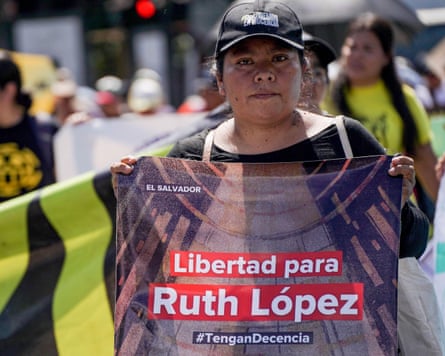
Why did we still insist that we would, somehow, return? It is not entirely clear. Perhaps it was what remains when everything is uncertain: a dose of excitement at the idea of seeing colleagues whom we had not seen for a month, a few good doses of caustic humour about our circumstances. “I can’t come back on a plane other than the one he’s going on?” someone said jokingly about their colleague, and the rest of us laughed. But none of that could mask the gravity of the moment: fears for our families, the prospect of a life in prison with no chance of a fair trial and the overwhelming shadow cast by the capture of Ruth López, who had spent 48 hours without her family even knowing her whereabouts.
Even so, the decision had been made: Seven members of El Faro would travel at 3.05pm on Saturday 7 June, on Avianca flight 638 to El Salvador, where we would land at 4.35pm.
On the afternoon of 6 June, we spoke at the Central American Journalism Forum in Costa Rica. The last discussion was titled Under Fire: How Does Central American Journalism Survive? It ended about 9pm, and then a diplomat asked us to leave the closing cocktail party and speak privately.
“I have information from two independent sources that tomorrow you will be captured at the airport in El Salvador,” the diplomat told us. “Starting tonight, a police deployment is waiting for you. Don’t travel.”
The metaphor of a bucket of cold water is inadequate. It was far from invigorating. It was, said one of the journalists, as if you suddenly grew a hump and your body weighed more. The fatigue that had been lifted by the excitement of returning home suddenly came back. We had packed our suitcases, been assigned our seats, checked 40 times that our passports were in our backpacks. In our minds, we were basically already on that plane. Now we were cancelling.
Nobody boarded the plane. The shaky construction of “preventive departure” finally blew up in our faces in a thousand tiny fragments, and there was only one word left to describe our situation. For many of us, it was still part of a naive question: am I now in exile?
Some of us flew to Guatemala. I suppose there was an ulterior motive: to be closer to our country, three hours by car from our border. As the days passed, more colleagues from El Faro and other media outlets arrived in Guatemala. Some had calculated that if the government had not been able to catch those it was expecting to arrive on our flight perhaps it would try to arrest other journalists; others had noticed patrols loitering around their homes or had police knocking on their doors. Others had received a direct call from a trusted source: “Get out of your house, they’re coming for you tonight.”
One night, 25 colleagues from five different Salvadoran media outlets gathered at a house in Guatemala City. We exchanged information. “I don’t know what I’m going to do,” said one colleague. “And I don’t think anyone knows what the hell they’re going to do. At least when you decide to do something, tell the rest of us, because we’re all walking in the dark here.”
Almost two months after publishing the interviews with the gang members, several of us still did not call ourselves exiles. We still thought about returning.
A group of Salvadoran journalists met at a pub in Guatemala City to share our sorrows and wash them down with more than one beer. The seven of us from El Faro had accepted that, for the foreseeable future, our homeland was forbidden, distant, hostile.
One was planning to sell his house to find another place, in another land, to call home; another was desperately missing his son and counting the minutes until he could hug his little boy; another had been abandoned by his partner of many years upon learning he was being targeted; another was trying to figure out what to do with the small business they had opened in El Salvador a year ago that was just starting to bear fruit. Some just drank beer.
That is where we were when a veteran journalist who we’ll call El Nuevo announced he was coming. El Nuevo is a meticulous and orderly man. He has had a suitcase packed and ready to go ever since Bukele, in September 2021, congratulated himself publicly for not using teargas against a protest march, “… for now”. And yet, on 7 June, when someone warned him that police patrols were loitering around his house, he forgot to take the suitcase with him. Since then, he had been on the run, staying with friends, with his phone turned off. He sneaked back home briefly to pick up the suitcase and pack a few extra things. Looking around at the room, the bed, the kitchen, he thought: “This is the last time I’ll turn off the stove.” And he left.
He caught a bus and left El Salvador: “When I crossed Río Paz, I thought: who knows when I’ll cross this river in the opposite direction?” Arriving in Guatemala, he found out that a group of colleagues were having a drink and decided to go join us. El Nuevo arrived with the look that the rest of us had had for weeks: that of a boxer getting up after a knockout. Exile invariably happens to other people in other countries in other times … until it happens to you. He tried a joke by way of greeting: “Now they’re going to accuse me of illicit association.” He did not laugh.
He took a bite of a hamburger, sipped a beer reflectively, and said aloud to himself: “It’s tough because you’re convinced that your life and your reason for living is to serve there.”
There, he said. Not here.
Before leaving El Salvador, he had said goodbye to his daughter. Emotion welled up in his eyes as he recalled her words of farewell: “I have the feeling that, just like in video games, one life has ended for you. I hope the other one works out.” That night, the future was just as inscrutable for us all.
This piece first appeared in The Dial and El Faro English

 3 months ago
97
3 months ago
97
